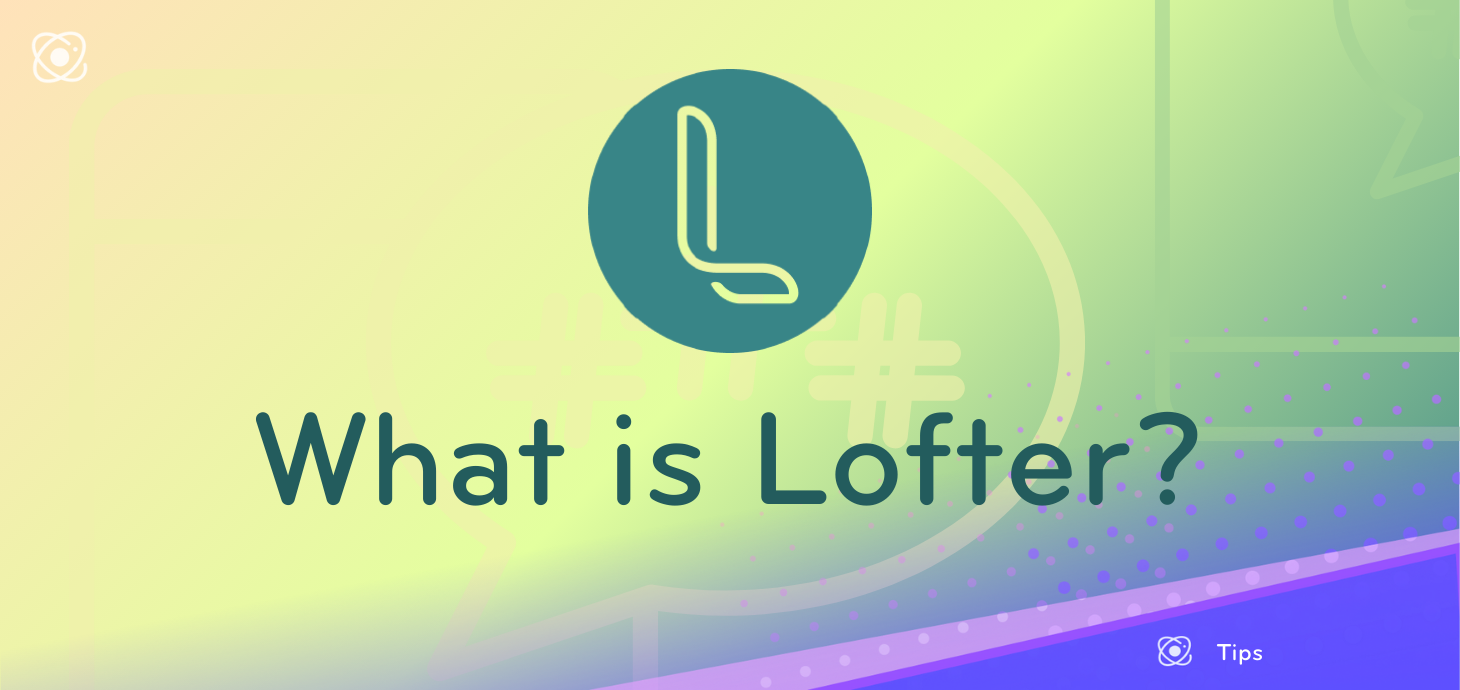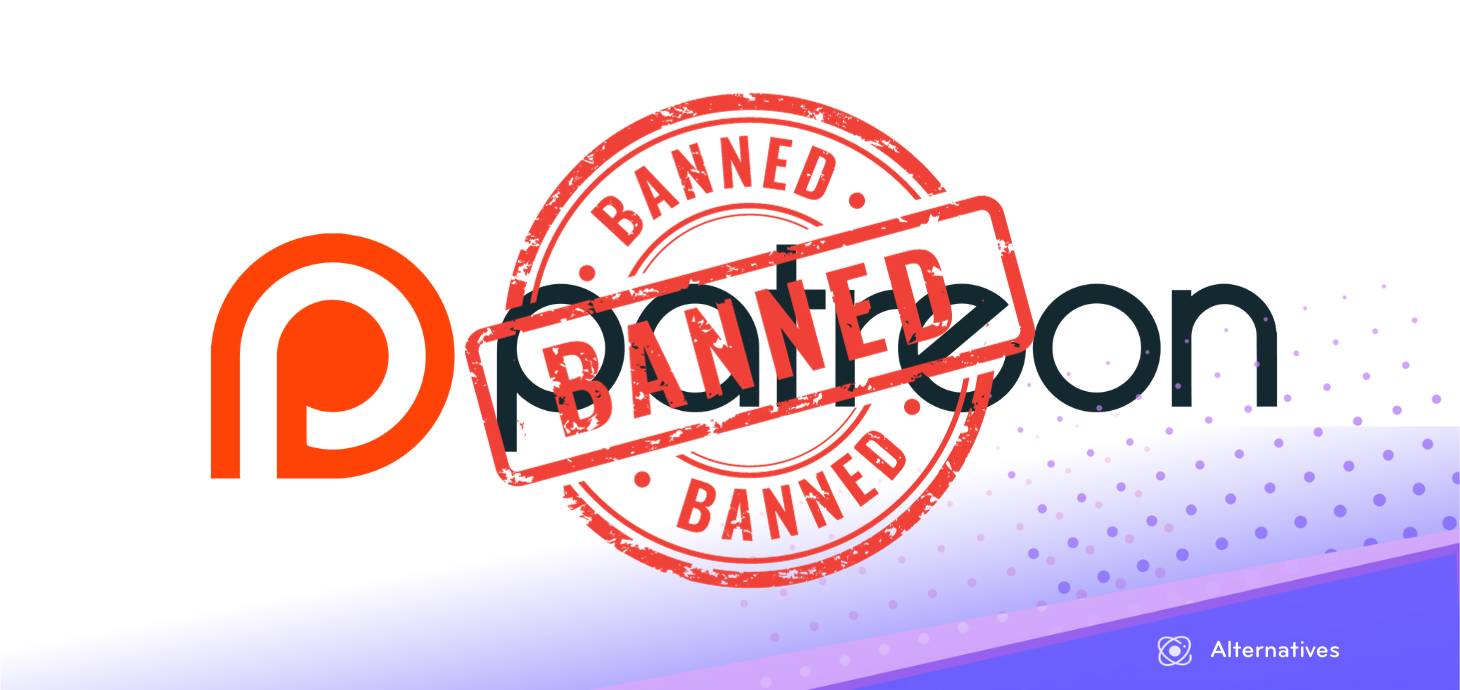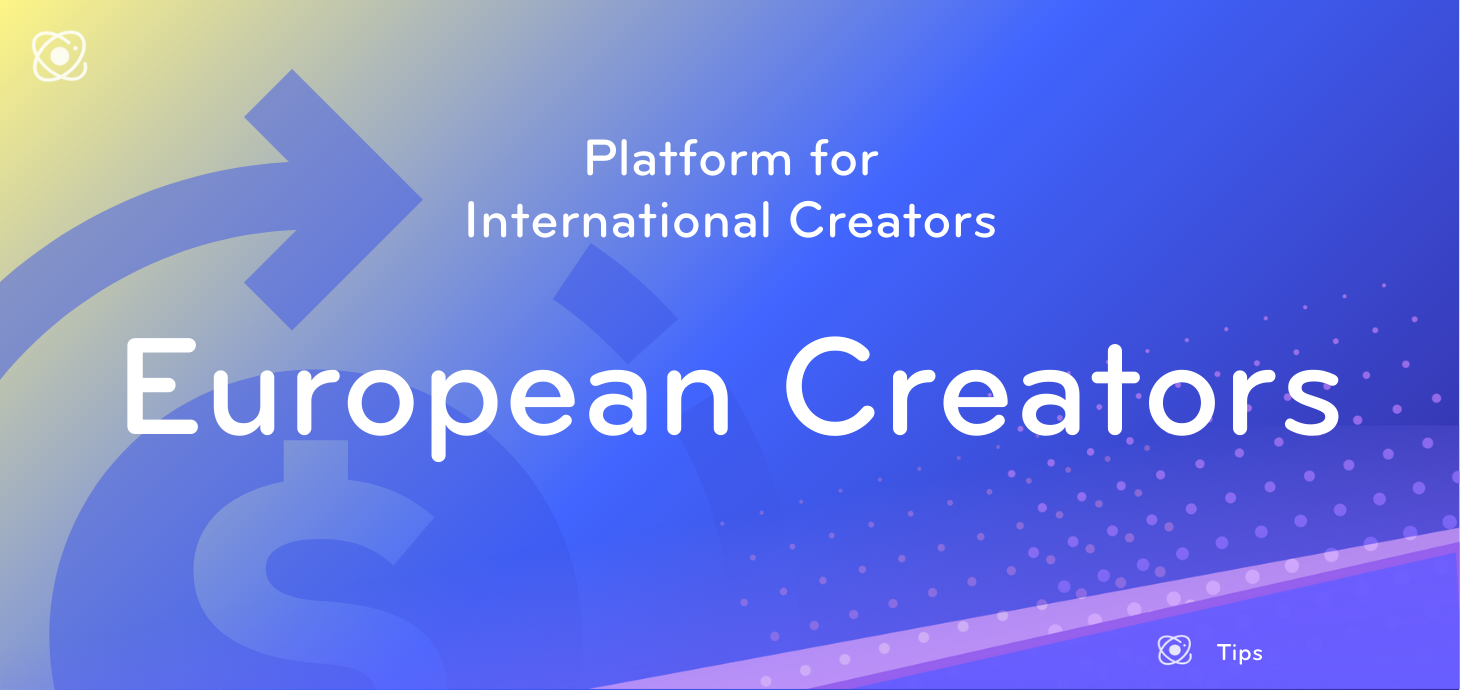⭐ Why UniFans? ⭐
UniFans is a platform for creators to monetize globally freely with low transaction fees
💸 No ban on NSFW content!
💸 Coin purchase with crypto(USDT & USDC), Alipay & WeChat Pay, Visa/MC
💸 Withdraw with USDT and Wise save you 10-20% paying processing fees
In this article, I want to share a microblogging platform in China called LOFTER. It is a platform filled with the most passionate and creative people from China. Though that passion turned into a dark toxic space.
What is Lofter?
LOFTER, launched by NetEase in August 2011, is a popular Chinese microblogging platform that targets a niche group of artistic youth. Unlike traditional blogging sites, LOFTER focuses on simplicity, ease of use, and high-quality, original content, catering to users who are passionate about creativity and self-expression. It offers a unique blend of blogging and social networking features, allowing users to share photos, illustrations, and other creative works. LOFTER has become a vibrant community for photographers, illustrators, writers, and other lifestyle enthusiasts to connect and share their artistic endeavors. In return, LOFTER successfully gathered extremely passionate creators and fans in both mainstream and niche communities.
The growth strategies LOFTER employed were successful; however, the platform faced significant challenges in gaining the same traction as international counterparts like Tumblr and Instagram. These challenges stemmed from several key factors, primarily revolving around cultural differences user behavior patterns.
Cultural Differences
One of the most significant hurdles LOFTER encountered was the cultural environment in China, which is markedly different from that of the United States where Tumblr and Instagram thrived. The American societal framework tends to be more open and supportive of creative and aesthetic pursuits. This environment fosters a large community of users who are eager to express themselves through visual content and engage with others who share similar interests. In contrast, the Chinese internet culture, while vibrant and rapidly evolving, has been more conservative and restrictive, which can stifle the kind of freewheeling creativity and self-expression that platforms like Tumblr and Instagram encourage.
User Behavior Patterns
Chinese users tend to prefer platforms that offer a wide array of functionalities and seamless integration with other services. This preference poses a challenge for LOFTER, which is more specialized and focused on high-quality, creative content. Users looking for a one-stop social media experience might find platforms like Weibo and WeChat more appealing. Additionally, the rapid pace of content consumption in China, driven by the popularity of short videos and instant messaging, contrasts with the slower, more contemplative nature of content on LOFTER.
The Downside of Passionate Fans
Many users joined LOFTER and fans communities were because of the fact that the space gathered many people to create together and exchange ideas. However, the environment changed as fans became more toxic, which is a common in Asian Fandom and creators were not genuinely passionate as they just came here because it's easier to gain followers.
The atmosphere in the community is getting worse. Those who seriously create content don't get much recognition, while more people are focused on socializing and making some money by selling merch. When the fandom isn't popular anymore, they just move to another trending one. Some creators even form cliques to collectively isolate others. When some creators leave the fandom and discover that their previous fans are supporting rival creator, they lash out and accuse others of being disgusting and settling scores with them. There are also cases where creators get verbally abused just for registering two accounts.
Some believe that the reason for the toxic environment is due to LOFTER implementing various policies to encourage this behavior. From the perspective of LOFTER as a business, it is understandable as extreme fans are more willing to pay. However, this also deter some fans leaving the platform. Even the fandom in niche communities have people arguing in the comments. What's more ridiculous is that they still fight over characters and authors. It's truly exasperating.
The Solution to LOFTER
The two reason for the toxic environment I believe are: regional culture, which isn't something can be solved, and decoupling traffic attraction and monetization. In another words, a creators should use a platform to attract fans and a monetization platform to drive revenue.
The reason why Patreon refuses to add tag features to enable fans to find more creators in the same community is to isolate creators from other fandoms. By isolating creators on one platform, fans are less likely to be toxic. Patreon has done a great job building an ecosystem in protecting creators on the platform. To have a healthy creative career, UniFans remain to focus on providing creators with monetization tools and share content features.
立即注册 UniFans 引力圈, 轻松自由地创作吧!
立即注册 UniFans 引力圈, 轻松自由地创作吧!
nOTE:
Only team owners can access this feature. Please ask your team owner to access this feature.

UniFans Content Team
UniFans' content writing team is a group of creative storytellers dedicated to crafting engaging and insightful content for the digital world, specializing in topics that resonate with influencers and online content creators.








